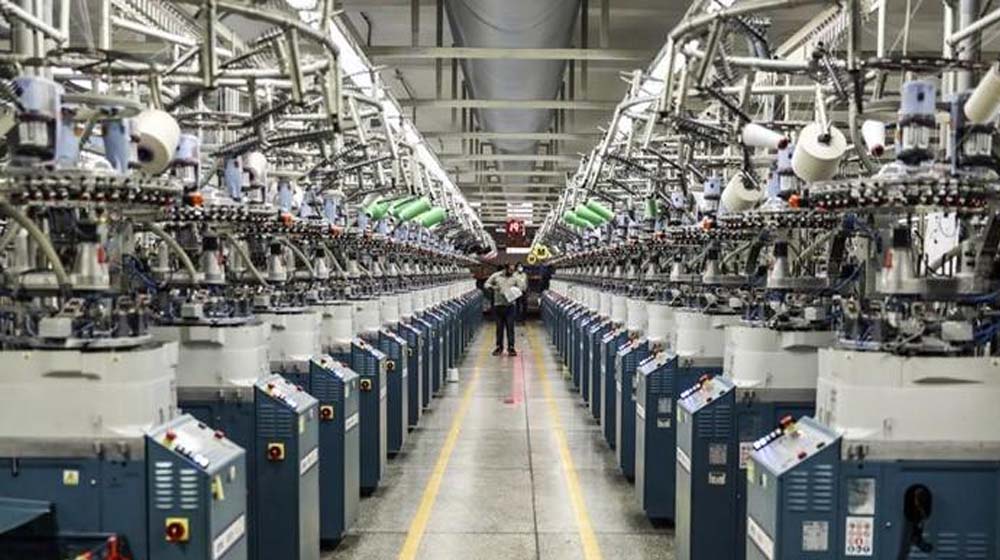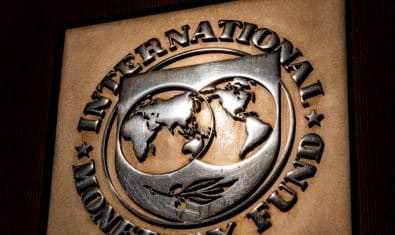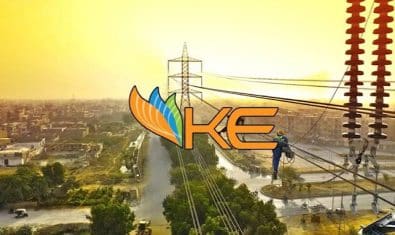The All Pakistan Textile Mills Association (APTMA) has said that the proposed budget for FY 20-21 has completely failed to address serious industry issues in the light of the worldwide Covid-19 created crisis. This is likely to lead to large scale unemployment and closures as the market dynamics have changed Post Covid-19, said the statement issued by APTMA.
“Bold and direct steps were required to retain our export earnings and maintain employment in a shrinking world Market due to lack of demand especially textiles which constitute 60% of export earnings,” said APTMA.
ALSO READ
Punjab Govt Slashes Sales Tax on Ride Hailing Services
“Our Balance of Payments position is likely to worsen as a result of the lack of appreciation of the issues facing exports and the expected 20% drop in remittances (World Bank estimate) due to large scale layoffs in the Gulf countries and Saudi Arabia,” it added.
APTMA has requested the government to resolve the following issues at earliest;
Provision of Regionally Competitive Energy Prices
- Continuation of regionally competitive fixed electricity tariff at 7.5cents/KWh and $ 6.5 per MMbtu for RLNG/gas across the value chain to ensure competitive export pricing.
- Discontinuation of regionally competitive energy rates will lead to direct closure of around 30 percent of factories within six months.
- Unless corrected, as of July 1st, 2020, exporting sectors will be charged Rs. 24/kWh as normal B3 industrial tariff instead of Rs. 12 earlier and even if RLNG is continued at $6.5/MMBTU this contrasts with $3.5 RLNG Gas tariff for India and Bangladesh. Meanwhile Electricity Prices in India have seen a further drop of 16% over the last 2 months while currently averaging about 7.2 cents/kWh for the industry. Energy accounts for 35% of conversion costs in the Textile value chain and therefore competitive pricing of exports is very highly sensitive to Energy pricing.
- It had been agreed that Rs. 20 billion will be allocated for energy for use in maintaining 7.5 cents / kWh for electricity and $ 6.5 / MMBTU for RLNG Gas. The budget however only allocates Rs. 10 billion for RLNG.
- Competing countries are already poised to combat highly competitive market conditions through cheaper electricity and gas rates.
Zero Rating/ 17 percent GST
- Continuation of 17 percent GST is not sustainable as by design GST refunds of 5 months remain in the pipeline.
- As a result, Rs. 20 billion per month has shifted from the coffers of the industry to FBR (amounts to Rs. 100 billion-plus which is in process at all times).
- This has increased the cost of doing business by about 6%.
- Sales tax exemption on imports through Bond, EOU & DTRE should be withdrawn immediately.
- 17% is a very high-level incentive to cheat. A lower rate would;
-
- Allow Proper Documentation
- Increase FBR Revenue through wider application
- Allow organized domestic retailers to compete in the 13 Billion dollars domestic textile market.
APTMA, therefore, has requested the government to restore zero-rating or to reduce the sales tax rate to 5% across the value chain.
1.5 percent Turnover Tax/ Minimum Tax
- This tax increases cost of exports by an average of 5-6 percent as the tax is levied on the same goods multiple times as it passes through the value chain.
- The Textile Industry works on very slim margins and turnover tax acts as an accelerator to the early closure of mills.
- Continuation of 1.5 percent turnover tax in a situation where there will be no profitability is completely unjustified.
MMF and polyester staple fiber: There is a 7-percent customs duty on the import of polyester staple fiber with total import expenses in the range of 20% including anti-dumping duty.
With refunds of approximately 5 percent due to $10 billion exports, the quantum of DLTL due will be Rs. 80 billion. This was also the amount requested for allocation by the Ministry of Commerce.
The Implementation of the in-principle approved Textile Policy is required in true letter and spirit for Pakistan to maintain and increase employment and exports.
It may be noted that without correction of these issues in the budget proposals, the industry will contract by 30-40 percent and well over one and a half million people will lose their jobs, said APTMA.


























